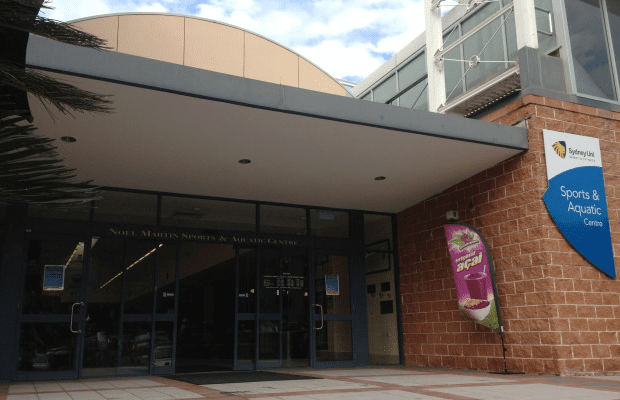A Special General Meeting of Sydney University Sports and Fitness (SUSF) has voted to accept incorporation and a package of major governance changes on Tuesday night after last-minute concerns were raised over the limited notice of the meeting and its recent history of poor student consultation.
The vote, which passed with 17 votes against, sees SUSF replace its current 13,000 strong membership and constitution with a company board and less than 70 delegate members comprising representatives of affiliated clubs, residential colleges, and university faculties. Those delegates will have voting rights at SUSF meetings.
At the centre of the governance overhaul is a new SUSF constitution developed by law firm Minter Ellison. Under the new constitution, SUSF’s direction will be shaped by a Nominations Committee of seven individuals consisting of three representatives of the University nominated by the Senate, three club representatives nominated by the Clubs Advisory Committee, and one independent member appointed by a simple majority of the Nominations Committee. The Nominations Committee, in turn, selects a board of 8 to 10 directors, including two student directors.
Incorporation will change the organisation’s relationship with annual pass and membership holders — most of whom are students — repealing their voting eligibility at the SUSF annual general meeting. The new company board will not be answerable to any vote or resolution passed by student members or SUSF’s Clubs Advisory Committee.
In addition, SUSF’s Management Committee, including the position of Executive Director, will be dissolved.
Incorporation has long been pushed by the University executive, including Vice-Chancellor Michael Spence, in a drive to include more students in the University’s sports and recreational programs.
Back in 2016, the University convened a governance review of SUSF headed by Ebbeck TIG Consulting.
The review was asked to consider whether SUSF should “incorporate as a separate entity, and allow the University to appoint members to its Board of Directors.” Tuesday night’s decision amounts to a rejection of the other operational models considered back in 2016, including “SUSF to incorporate as a single member organisation, with the University being the only member” and “SUSF to become a full professional unit of the University.” To date, the review’s findings have not been made publicly available.
Amidst the overhaul, sources in SUSF’s membership expressed concern over the carriage of the meeting, claiming no visible notice of the meeting was provided on the SUSF website and members were not allowed to ask questions from the floor on the night.
Members who wished to attend the meeting were required to fill out and return a pre-registration form to Natalie Brown, a member of SUSF’s Legal Department. Members were asked to write questions about SUSF’s draft constitution in the pre-registration form.
“Due to the technical nature of the proposed resolutions, and time restraints on the night, there will be no questions from the floor on the night. Please submit any questions regarding the resolutions or draft constitution you may have, via this form,” it read.
It remains to be seen whether SUSF’s restructuring will alter the allocation of the Student Services and Amenities fee (SSAF) or free up more money in the contestable pool.
Between 2015 and 2018, SUSF received more than $4 million funding from SSAF.
The incorporation comes in the wake of an ICAC complaint against members of SUSF management.
More to come.





